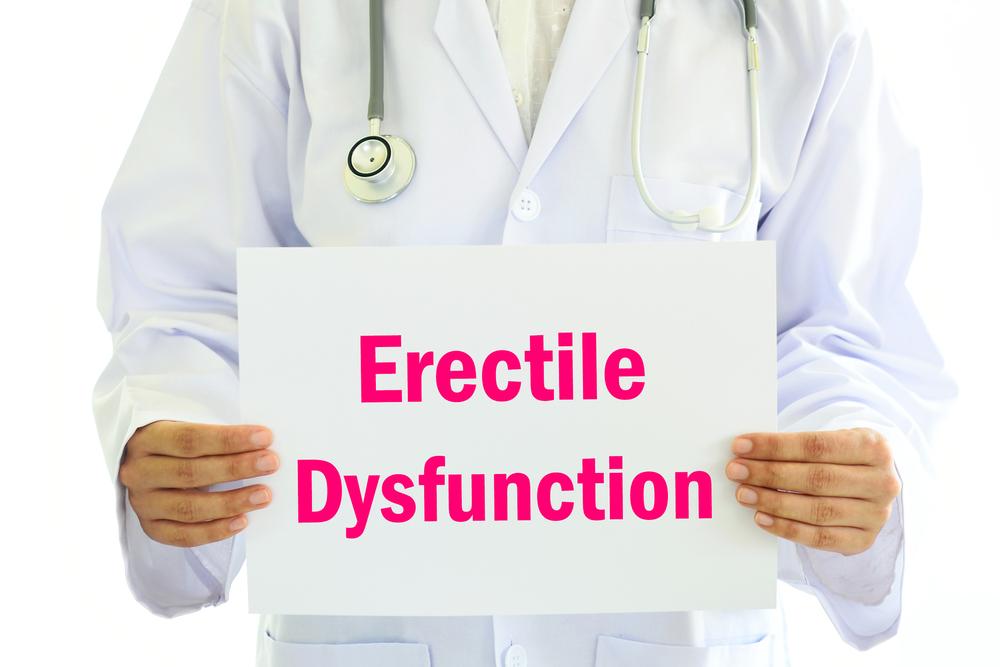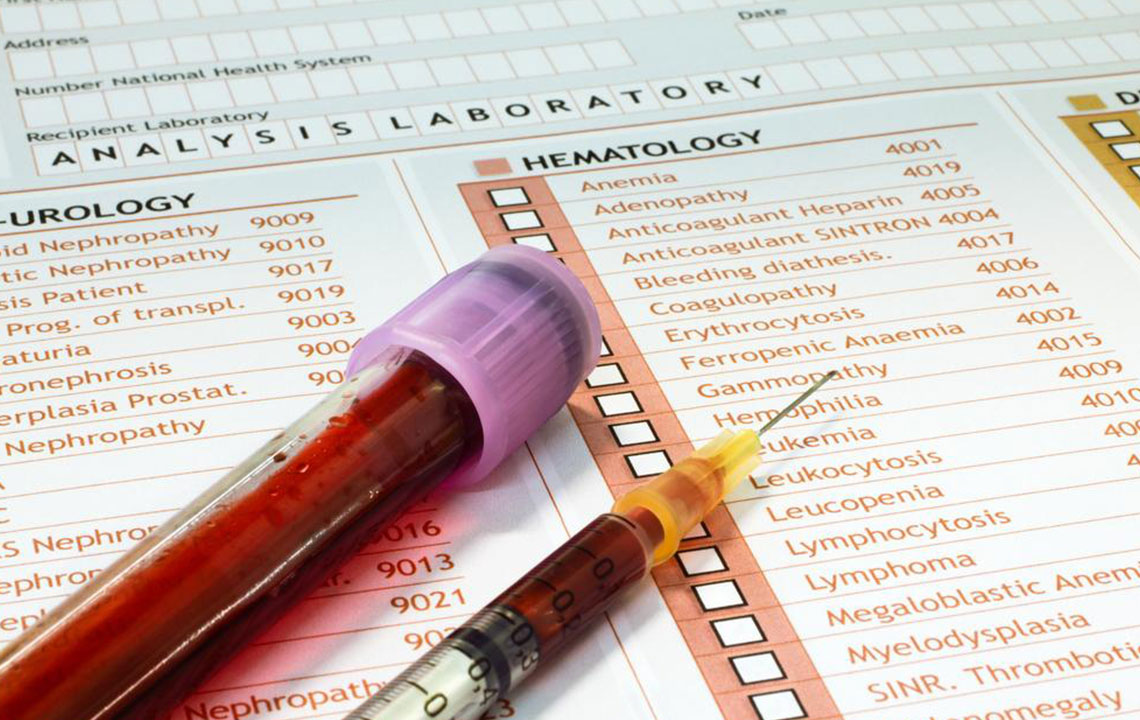Comprehensive Guide to Recognizing and Understanding Erectile Dysfunction: Causes, Symptoms, and Prevention
Erectile dysfunction (ED) affects many men, especially with age, due to physical, hormonal, and psychological factors. Recognizing signs early and understanding causes like health conditions and lifestyle habits are key to effective management. This comprehensive guide covers symptoms, underlying causes, and practical prevention tips to help men maintain their sexual health and improve quality of life.

Comprehensive Guide to Recognizing and Understanding Erectile Dysfunction: Causes, Symptoms, and Prevention
Erectile dysfunction (ED), also known as impotence, is a prevalent condition affecting millions of men worldwide. It is characterized by the persistent difficulty in achieving or maintaining an erection sufficient for satisfying sexual activity. This condition can significantly impact emotional well-being, relationships, and overall quality of life if left untreated. Understanding the signs, causes, and preventive measures for ED is essential for men seeking to maintain their sexual health and well-being.
Statistics reveal that approximately 20% of men experience some form of erectile dysfunction during their lives, with the incidence increasing with age. As men grow older, natural hormonal shifts, particularly declines in testosterone levels, contribute to reduced libido and erectile issues. Beyond age-related changes, a myriad of health conditions, lifestyle factors, and psychological issues can contribute to the development of ED.
Recognizing the underlying causes of ED is critical for effective treatment. Causes can be broadly categorized into physical and psychological factors, each playing a crucial role in the manifestation of this condition.
Hormonal imbalances, such as low testosterone levels, directly influence sexual desire and erectile function.
Chronic health conditions like diabetes are known to impair vascular health and nerve function, leading to ED.
Medications used for treating other health conditions, including antihypertensives and antidepressants, may have side effects that interfere with erectile function.
Nerve and neurological disorders, including multiple sclerosis and spinal cord injuries, disrupt the signals necessary for an erection.
Psychological issues, including stress, anxiety, depression, or relationship problems, can hinder the mental and emotional readiness necessary for an erection.
Understanding the common signs of ED can help in early detection and intervention. Typical indicators include:
Weak or flaccid erections that do not allow penetration during sexual activity.
Inability to sustain an erection long enough for satisfactory sexual intercourse.
Consistent difficulty achieving an erection despite adequate sexual arousal.
Reduced sexual desire or libido, often associated with hormonal imbalances.
These symptoms can vary from mild to severe and may fluctuate over time. It is crucial for men experiencing these signs to consult a healthcare professional for proper diagnosis and treatment options.
The likelihood of developing ED increases significantly with age. Research published in the Journal of Urology indicates that men in their 60s are four times more likely to experience ED than men in their 40s. Additionally, educational level and lifestyle choices play a role; men with less education may face higher risks due to less healthy lifestyles, poor dietary habits, increased alcohol consumption, and reduced physical activity.
For men noticing symptoms of ED, initiating consultation with a primary care doctor is the first step toward management. It is particularly important to seek medical advice if:
You are concerned about your sexual performance or experience related issues such as premature ejaculation or delayed ejaculation.
You have underlying health conditions like diabetes, hypertension, or cardiovascular disease that may contribute to ED.
You experience additional symptoms such as pain, fatigue, or changes in urinary habits alongside ED.
Preventive measures and lifestyle modifications can significantly reduce the risk or severity of ED. These include:
Engaging in regular physical activity to improve cardiovascular health and overall vitality.
Maintaining a healthy weight through balanced diet and exercise.
Quitting smoking and reducing alcohol intake to enhance vascular health.
Managing chronic diseases such as diabetes and hypertension effectively with medical guidance.
Addressing psychological factors through counseling or therapy when necessary.





